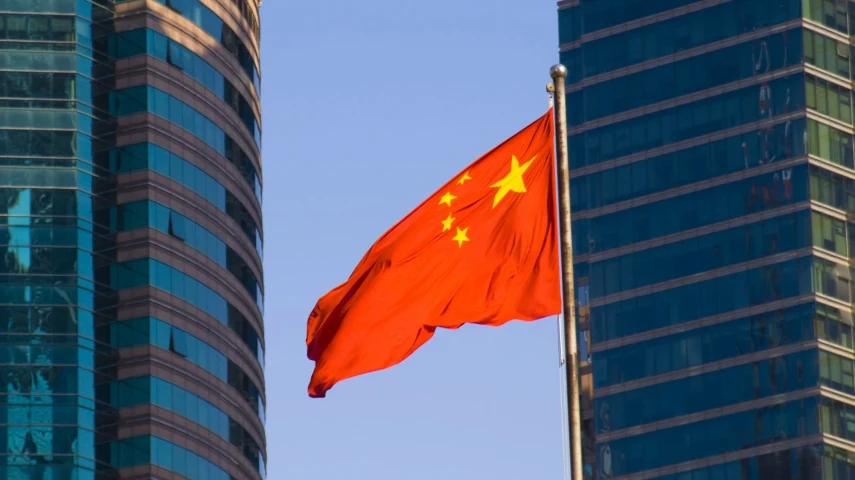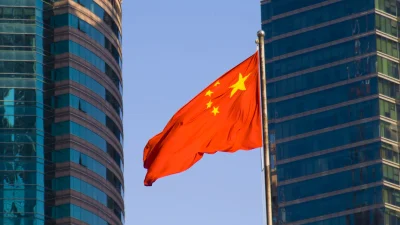Fund managers go bargain hunting in China



Despite all the negativity around Chinese markets, some fund managers are viewing the situation very differently, highlighting a ‘once in a generation’ opportunity to buy quality companies at bargain prices.
According to JP Morgan, investors dumped a record $12 billion in Chinese stocks in August amid concerns of a slowing economy.
The latest global Bank of America fund manager survey found sentiment towards China has slumped following the reopening from COVID-19 lockdowns. Growth expectations are back to “lockdown lows” with zero respondents expecting to see a stronger economy in China, down from more than three-quarters at the time of the reopening.
The firm said expectations in September are now even lower than when China was in lockdown a year ago.
Speaking at the Fidante Equities Symposium in Sydney, Ox Capital’s chief investment officer, Dr Joseph Lai, said there was a lot of bad news coming out of China but that did not have to be a bad thing.
“The reality is, in our nuanced interpretation, that China is going through a structural as well as cyclical adjustment. The structural adjustment is that the economy is moving from an investment to a consumption-led economy, so as a result, long-term growth is definitely going to be slower,” Dr Lai said.
“However, the other layer on top of that is a cyclical slowdown driven by the property downturn, driven by the crackdown from the government over the last few years. This cyclical element will likely revert in coming years.”
He believes the bad news had resulted in “extremely attractive” valuations in the Chinese market.
“We’ve seen this playbook before in other parts of the world. After the Global Financial Crisis (GFC) in 2008–09, you would have made a lot of money buying the superior businesses, the quality businesses with long-term growth when the US or European markets were on their knees,” he said.
“We believe similar opportunities are arising in the Chinese market today precisely because of all the negativity.”
According to abrdn research, valuations in the country currently sit at historic lows. By 31 August, the average price-to-earnings ratio for companies on the MSCI China A-Share Index stood 11 per cent below five-year averages, while price-to-book values stood 19 per cent below 15-year averages.
However, estimated earnings-per-share growth for companies in the China A-share index stood 41 per cent above five-year averages.
Alex Smith, equity investment specialist at abrdn and Robert Gilhooly, senior emerging markets research economist, highlighted that an appreciation of the Chinese government’s longer-term policy objectives and recognition of the factors driving market volatility are “largely absent” from global commentaries.
“If China’s long-term growth remains intact – as we believe – then now offers a once-in-a-generation opportunity to buy quality Chinese stocks with good earnings prospects at bargain prices – notably names that could be primed to perform once fears abate,” they stated.
“We’re starting to see Chinese firms seize on the low valuations to buy back their own shares. This could be a first step in re-energising stock prices and revitalising investor confidence.”
According to abrdn, the time was ripe for investors to “follow the numbers, not the crowd.”
“What we can say with confidence is that China’s stock market is cheap versus history, versus the US and versus other emerging markets. Quality names have been beaten up. But if the market recovery picks up as we expect, investors will quickly return to fundamentals,” it said.
“That presents the best opportunity in a generation to invest in quality A-shares with good earnings prospects. Investors just need to see through today’s overly negative narrative.”
The firm expected strong demand for component makers that cater to electric vehicles, where it sees potential for high earnings growth and its ‘green’ holdings are trading at a 49 per cent discount to their three-year average.
Similarly, Ox Capital said it was being selective in its stock picking, going with the structural growers that will prosper even in a slowing Chinese or global economy.
“One example is a company called Contemporary Amperex Technology Co Limited, known by some as CATL. It is the world’s biggest EV battery company with 40 per cent market share,” Dr Lai shared.
“Its customers include Tesla, BMW, Mercedes, almost every car company in the world.
“This company has spent billions on R&D and have recently come up with a battery that will enable any electric vehicle to travel 400 kilometres with just a 10-minute charge. This is transformational – and this company is on 12 times P/E, half as much as its closest competitor.”
Recommended for you
Clime Investment Management has welcomed an independent director to its board, which follows a series of recent appointments at the company.
Ethical investment manager Australian Ethical has cited the ongoing challenging market environment for its modest decrease in assets over the latest quarter.
Commentators have said Australian fund managers are less knowledgeable compared with overseas peers when it comes to expanding their range with ETFs and underestimating the competition from passive strategies.
VanEck is to list two ETFs on the ASX next week, one investing in residential mortgage-backed securities and the other in Indian companies.















